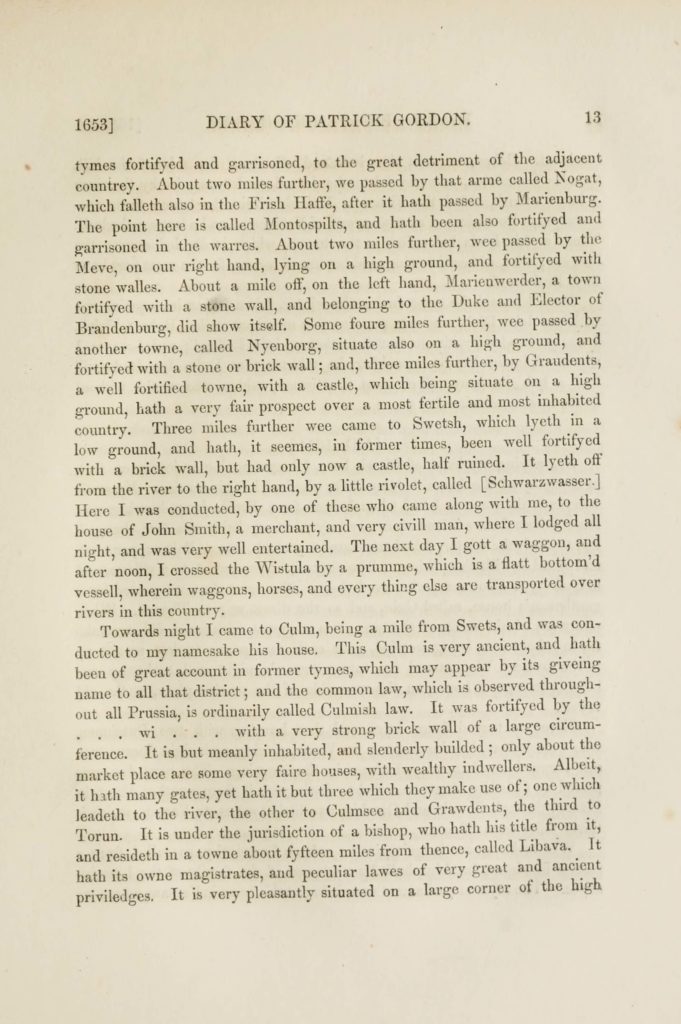
Related

208 APPENDIX. the pendicle called Murris Tack, and the milne of Auchleuchries

Sergei Prokudin Gorskiy, T︠S︡erkovʹ Spasiteli︠a︡ i Pokrova Presvi︠a︡tyi︠a︡ Bogorodit︠s︡y. Vytegorskīĭ Pogost. Rossiĭskai︠a︡ imperii︠a︡, color separation negative

Erets Yisroel liebe, oder, der rebe und der Tsar, Yiddish theatrical poster
![Riza, podarennai︠a︡ T︠S︡arem Īoannom Groznym Gorit︠s︡kamu monastyri︠u︡. [Rossiĭskai︠a︡ imperii︠a︡]](https://cdn4.picryl.com/thumbnail/1909/01/01/riza-podarennaia-tsarem-ioannom-groznym-goritskamu-monastyriu-rossiskaia-imperiia-1-200.jpg)
Riza, podarennai︠a︡ T︠S︡arem Īoannom Groznym Gorit︠s︡kamu monastyri︠u︡. [Rossiĭskai︠a︡ imperii︠a︡]

Gramata T︠S︡arskai︠a︡ i gramaty vselenskikh patriarkhov

Gramata T︠S︡arskai︠a︡ i gramaty vselenskikh patriarkhov

Gramata T︠S︡arskai︠a︡ i gramaty vselenskikh patriarkhov

Gramata T︠S︡arskai︠a︡ i gramaty vselenskikh patriarkhov
![Zemlecherpatelʹnai︠a︡ mashina "Sheksninskai︠a︡ I-ai︠a︡" s cherpakami i refulerom. [Rossiĭskai︠a︡ imperii︠a︡]](https://cdn4.picryl.com/thumbnail/1909/01/01/zemlecherpatelnaia-mashina-sheksninskaia-i-aia-s-cherpakami-i-refulerom-rossiskaia-1-200.jpg)
Zemlecherpatelʹnai︠a︡ mashina "Sheksninskai︠a︡ I-ai︠a︡" s cherpakami i refulerom. [Rossiĭskai︠a︡ imperii︠a︡]
tymes fortify ed and garrisoned, to the g-rcat detriment of tlie adjacent Countrey
Summary
Passages from the diary of General Patrick Gordon of Auchleuchries : A.D. 1635-A.D. 1699"
1653] DIARY OF PATRICK GORDON. 13
tymes fortify ed and garrisoned, to the g-rcat detriment of tlie adjacent
Jountrey. About two miles further, we passed by that arme called Nogat,
which falleth also in the Frisk HafFe, after it hath passed by ]\Iarienburg.
The point here is called Montospilts, and hath been also fortifyed and
garrisoned in the warres. About two miles further, wee pass(;d by the
Meve, on our right hand, lying on a high ground, and fortifyed with
stone walles. About a mile off, on the left hand, Marienwerder, a town^
fortifyed with a stone wall, and belonging to the Duke and Elector of
Brandenburg, did show itself. Some foure miles further, wee passed by
another towne, called Nyenborg, situate also on a high ground, and
fortifyed with a stone or brick wall ; and, three miles further, by Graudents,
a well fortified towne, with a castle, which being situate on a high
ground, hath a very fair prospect over a most fertile and most inhabited
country. Three miles further wee came to Swetsh, which lyeth m a
low ground, and hath, it seemes, in former times, been well fortifyed
with a brick wall, but had only now a castle, half ruined. It lyeth oif
from the river to the right hand, by a little rivolet, called [Schwarzwasser.]
Here I was conducted, by one of these who came along with me, to the
house of John Smith, a merchant, and very civill man, where I lodged all
night, and was very well entertained. The next day I gott a waggon, and
after noon, I crossed the Wistula by a prumme, which is a flatt bottom'd
vessell, wherein waggons, horses, and every thing else are transported over
rivers in this country.
Towards night I came to Culm, being a mile from Swets, and was con-
ducted to my namesake his house. This Culm is very ancient, and hath
been of great account in former tymes,, which may appear by its givemg
name to all that district ; and the common law, which is observed through-
out all Prussia, is ordinarily called Culmish law. It was fortifyed by the
, , . v,''i . . . with a very strong brick wall of a large cu'cum-
ference. It is but meanly inhabited, and slenderly builded ; only about the
market place are some very faire houses, with wealthy indwellers. Albeit,
it Inth many gates, yet hath it but three which they make use of; one w nch
leadeth to the river, the other to Culmsee and Grawdents, the thu-d to
Torun. It is under the jurisdiction of a bishop, who hath Ins title fix)m it,
and resideth in a towne about fyfteen miles from thence, called Libava. ^ It
hath its owne magistrates, and peculiar lawes of very great and ancient
priviled^-es. It is very pleasantly situated on a large corner of the high
Gordon was brought up and remained a lifelong Roman Catholic, at a time when the Church was being persecuted in Scotland. At age of fifteen, he entered the Jesuit college at Braunsberg, East Prussia, then part of Poland. In 1661, after many years experiences as a soldier of fortune, he joined the Russian army under Tsar Aleksei I, and in 1665 was sent on a special mission to England. After his return, he distinguished himself in several wars against the Turks and Tatars in southern Russia. In recognition of his service he was promoted to major-general in 1678, was appointed to the high command at Kiev in 1679, and in 1683 was made lieutenant-general. In 1687 and 1689 he took part in expeditions against the Tatars in the Crimea, being made a full general. Later in 1689, a revolution broke out in Moscow, and with the troops under his command, Gordon virtually decided events in favor of Peter the Great against the Regent, Tsarevna Sophia Alekseyevna. Consequently, he was for the remainder of his life in high favor with the Tsar, who confided to him the command of his capital during his absence from Russia. In 1696, Gordon's design of a "moveable rampart" played a key role in helping the Russians take Azov. One of Gordon's convinced the Tsars to establish the first Roman Catholic church and school in Muscovy, of which he remained the main benefactor and headed the Catholic community in Russia until his death. For his services his second son James, brigadier of the Russian army, was created Count of the Holy Roman Empire in 1701. At the end of his life the Tsar, who had visited Gordon frequently during his illness, was with him when he died, and with his own hands closed his eyes. General Gordon left behind him a uniquely detailed diary of his life and times, written in English. This is preserved in manuscript in the Russian State Military Archive in Moscow. Passages from the Diary of General Patrick Gordon of Auchleuchries (1635–1699) was printed, under the editorship of Joseph Robertson, for the Spalding Club, at Aberdeen, Scotland, 1859.
